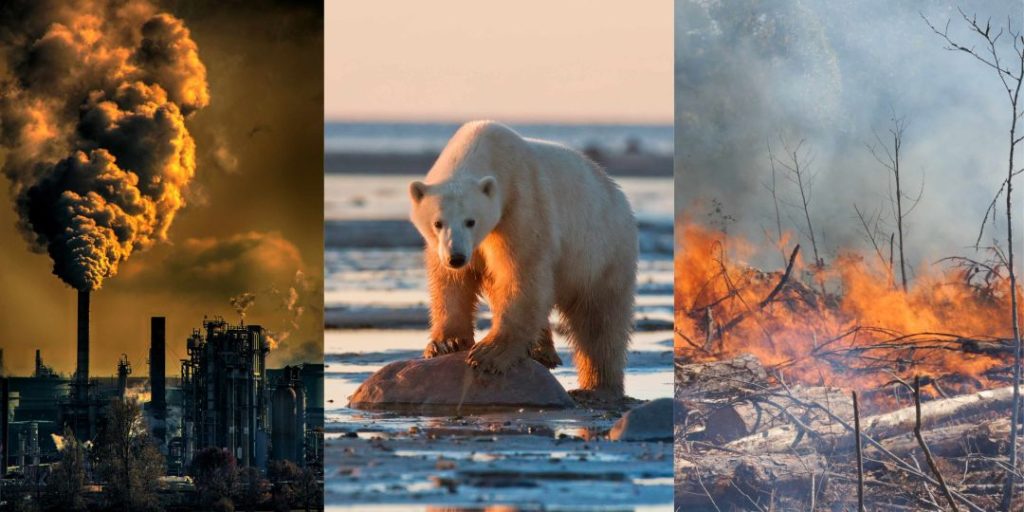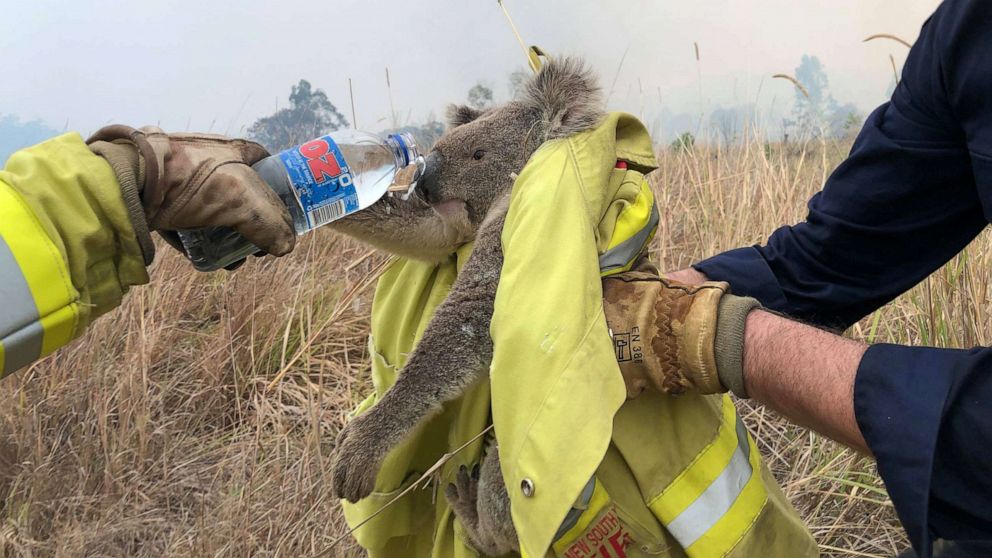
The Butterfly Effect: How Climate Change Affects Wildlife – Research Findings
A recent publication in CABI Reviews underscores that the effects of climate change on wildlife will manifest across various facets, encompassing nutrition, habitat, conduct, physical well-being, and psychological health. These observations highlight the need for careful analysis to determine priorities for protecting the welfare and longevity of food animals (including pets) and those kept in sanctuaries and zoos.
Climate Change Impact on Animals
The review highlights animals at risk from climate change and includes bats, zebrafish, rock frogs, koalas, African elephants, chickens and dairy cows. The study highlights how heat stress, for example, reduces milk yield in dairy cows by 35%. Heat stress has a significant impact on lactation, the immune system and overall health of calves. Scientists note that monitoring cow activity and time spent munching feed can help identify heat stress, as well as using appropriate methods to mitigate it, such as sunshades and irrigation systems.
The study also noted that broiler chickens kept in hot conditions for four days experienced higher levels of necrosis, which affected their lives and meat. The prospects for the welfare of birds, especially adult broilers, in warmer conditions are particularly concerning. Because birds have limited ability to regulate temperature, the use of air conditioners may be required to maintain optimal production conditions.
Scientists also note that droughts and lack of resources are important factors influencing the extinction of elephants. African elephants, being the largest land mammals, have high daily water and food requirements. However, increasing frequency of droughts and decreased availability of water and vegetation are increasing stress in elephants due to heat and lack of food, leading to increased mortality among elephants today.
Koalas and pets at risk
The research also highlights that climate change plays a significant role in the decline of various marsupial species, including the koala. The rising average temperatures necessitate increased energy expenditure by species like koalas to regulate their body temperature, while the quality of their food sources diminishes due to anticipated climate changes.

Furthermore, scientists emphasize that climate change has repercussions even on domestic animals like cats and dogs. For instance, certain dog breeds become more susceptible to heat stress, and heat-related illnesses rank as a primary cause of death among service dogs. Additionally, approximately half of the dogs in the UK are overweight due to insufficient exercise, and climate change may exacerbate the challenges of taking them for walks. Elevated temperatures and extreme weather conditions, such as heavy rain or snow, can render dog walks less enjoyable for both pets and their owners.
This can lead to an increase in the number of overweight dogs, which in turn increases the risk of various diseases such as diabetes, joint disease and cardiovascular disease.
How to adapt pet care to changes in weather conditions
To solve this problem, it is important to pay attention to the health of dogs and provide them with adequate physical activity, even in changing weather conditions. This could include playing indoors, exercising at home, or choosing better times to go outside. It’s important to remember that caring for your dog’s health is every owner’s responsibility and will contribute to a long and happy life for your furry friend.
For example, with climate change, transmission of infections such as babesiosis, leptospirosis and others may increase. High temperatures also encourage the proliferation of insect vectors such as ticks and mosquitoes, which can carry diseases that can be dangerous to dogs.
Appropriate precautions, such as using insect repellents, regular veterinarian visits for health checks and vaccinations, can help reduce the risk of infections and other problems associated with climate change.
Dog owners can also closely monitor their pet’s behavior and health to identify any changes early and provide appropriate care and treatment. This will help maintain the health and well-being of dogs in changing weather and climate conditions.
The study highlights that climate change will have multifaceted effects on animals in five key areas: nutrition, environment, behaviour, physical and mental health. This study highlights the importance of carefully considering immediate and future priorities to ensure the welfare and survival of food-producing animals such as pets and those kept in sanctuaries and zoos.